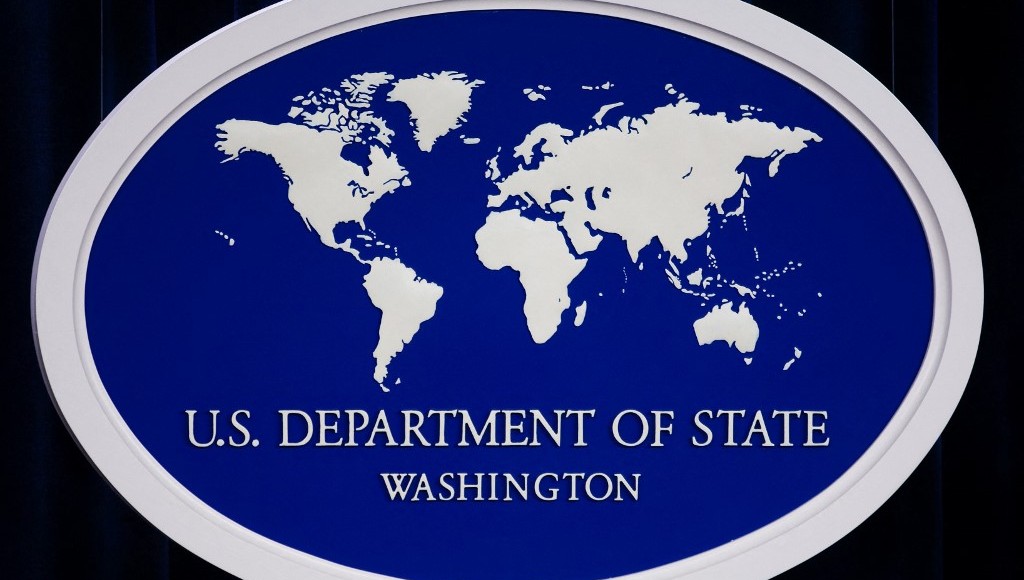The US State Department’s Trafficking in Persons Report for 2023, released on Thursday, shines a critical light on Turkey’s efforts to combat human trafficking, highlighting the government’s failure to meet the minimum standards for combatting the practice.
According to the report, while the Turkish government has shown some progress, it still falls short of fully meeting the minimum standards. The COVID-19 pandemic presented challenges to anti-trafficking efforts, but the report suggests that Turkey’s response was not sufficient.
One of the key areas of concern highlighted in the report is the inadequate prosecution and conviction of traffickers. While there has been an increase in the investigation of trafficking cases and the prosecution of defendants compared to the previous reporting period, courts continue to acquit the majority of those charged. This raises questions about the effectiveness of the judicial system and the ability to secure convictions.
According to the report, a significant challenge lies in the fact that trafficking cases are often referred to general investigative police departments lacking the necessary expertise to handle such complex crimes. This results in a lack of specialized skills and knowledge required to effectively investigate and dismantle trafficking networks. The report calls for the establishment of specialized prosecutorial units to ensure that trafficking cases are handled by trained professionals.
Moreover, victim protection efforts in Turkey have been found wanting. Local NGOs have been excluded from these efforts, limiting the support available to victims. Law enforcement agencies frequently misclassify trafficking cases under lesser offenses, such as “encouragement of prostitution,” rather than recognizing them as instances of sex trafficking. This misclassification leads to lighter penalties for perpetrators and undermines efforts to address the root causes of trafficking.
Another alarming finding of the report is the government’s failure to provide adequate support and accommodation for victims. Transgender victims are systematically denied access to shelters, exacerbating their vulnerability to further exploitation. The government’s capacity to provide specialized support, including shelter and psycho-social assistance, falls short of meeting the needs of all victims. Furthermore, funding for in-kind assistance to victims has been decreased, compounding the challenges faced by survivors.
The report emphasizes the importance of victim participation in investigations and prosecutions. It suggests measures such as using remote testimony or providing financial assistance for victims to attend court hearings. Proactive victim identification efforts, especially among vulnerable populations such as refugees, LGBTQI+ communities and individuals in the agricultural and industrial sectors, are also called for to ensure early intervention and protection.
The report urges Turkey to strengthen partnerships with civil society organizations to enhance victim identification and service provision. It emphasizes the need to convene coordinating bodies and adopt an updated national action plan to streamline efforts and ensure effective collaboration among relevant stakeholders. Additionally, it calls for increased resources for the labor inspectorate to comprehensively monitor businesses and workplaces for forced labor.

